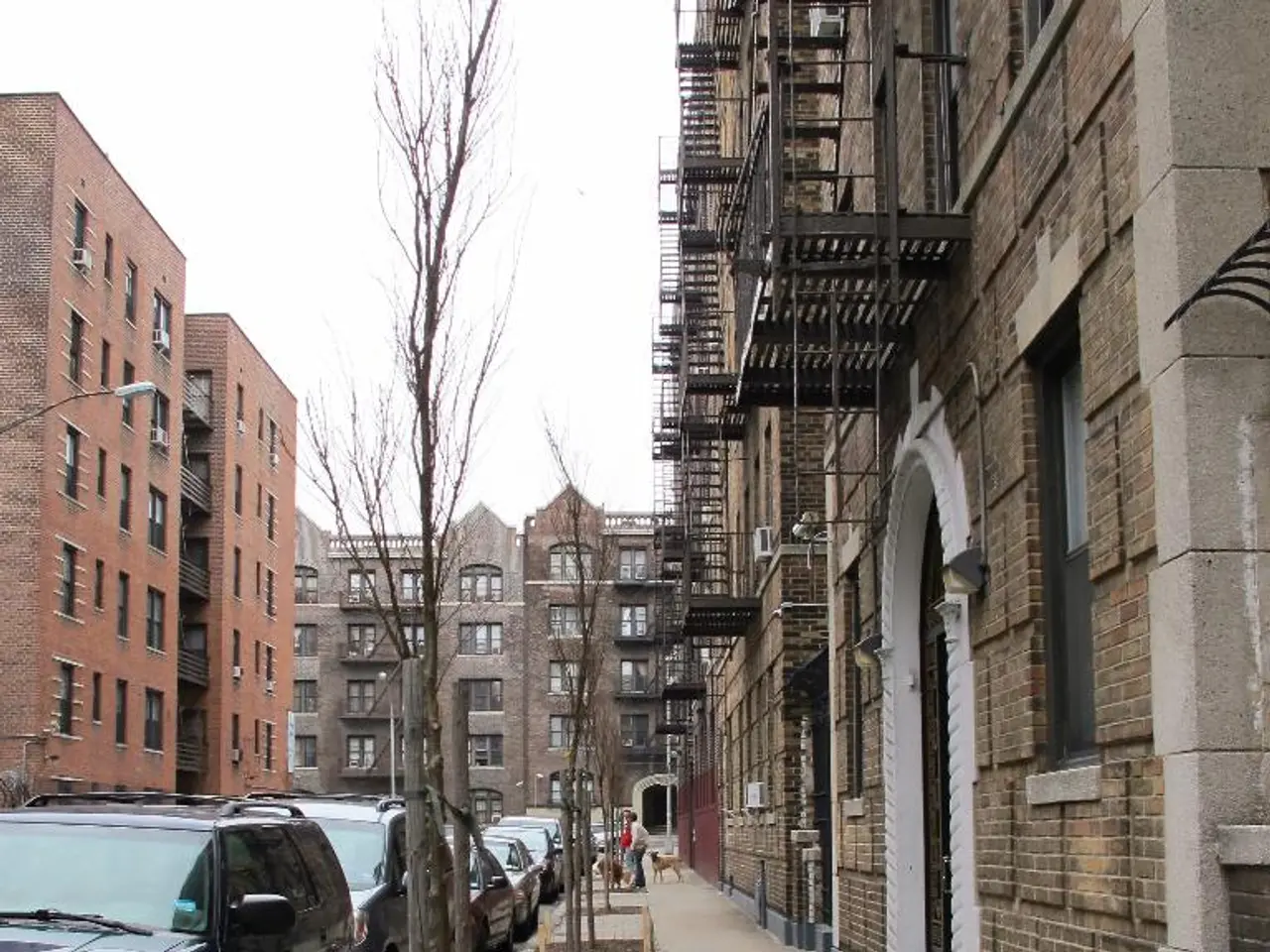Bavaria surpasses Berlin in funding for new businesses
In a recent study by EY, the startup industry in Germany has shown resilience and recovery after a post-corona boom, with a total of €4.6 billion in venture capital nationwide in the first half of 2022, marking the third-best first half-year since 2015.
The data for the study comes from Crunchbase, along with figures from start-ups and investors. The findings reveal that almost every second euro of the total venture capital for German start-ups went to Bavaria in the first half of 2021.
Bavaria's lead in venture capital is particularly evident in its largest financing rounds. Major investments in AI firm Helsing (€600 million), battery storage provider Green Flexibility from Kempten (€400 million), and other companies such as Quantum Systems and Scalable Capital have contributed to Bavaria's dominance.
EY partner Thomas Prufer notes that the startup ecosystem in Germany has undergone significant changes in the past two years, with weights shifting. By 2024, Bavaria was already neck and neck with Berlin in terms of venture capital, but now the gap is widening.
One of the key factors contributing to Bavaria's success is the economic and infrastructure support it provides. Bayern Kapital, a public venture capital company founded as part of the "Bavarian Future Initiative," plays a crucial role by investing in young and innovative Bavarian technology companies. Munich's strong educational infrastructure, with top universities and research institutions, also helps in attracting talent and fostering innovation.
Bavaria's specialized ecosystem, with a focus on key industries such as automotive, biotechnology, and software, also attracts venture capital due to the potential for high-growth startups in these sectors. Cities like Munich serve as hubs for innovation, with a growing startup ecosystem that supports the development and funding of new ventures.
Despite Berlin's leading position in startup numbers, Munich has consistently attracted more capital than Berlin for consecutive halves, indicating a strong investment environment. Although Munich's investment volume decreased by 38% in the first half of 2025 compared to the previous year, it still managed a significant €918 million, showing resilience in the market.
Berlin, on the other hand, leads in terms of startup numbers but its investment volume is more volatile, with a significant decline in 2025 due to fewer large-scale transactions. Berlin's diverse ecosystem, while broader, might not attract as much specialized venture capital as Munich's focus on specific sectors.
The growth of Bavarian start-ups can be attributed to a boom in defense and artificial intelligence (AI). Bavaria's economic strength is beneficial for the startup ecosystem, making it easier to offer services, applications, or products to traditional industries like automotive and machinery industry or medical technology, and find cooperation partners and investors.
In conclusion, Bavaria's combination of strong economic support from Bayern Kapital, a specialized industrial ecosystem, and a favorable investment environment contribute to its attractiveness for venture capital, despite Berlin's larger number of startups. The startup industry as a whole has experienced a hard landing after the record year 2021, but has apparently emerged strengthened from this phase.
Radio broadcasts might mention the shift in weight toward Bavaria in venture capital funding, as the region has been attracting more investments than Berlin for several consecutive half-years. In the realm of technology and artificial-intelligence, companies like Helsing and Quantum Systems in Bavaria are benefitting from substantial investments, contributing to its dominance in funding.




